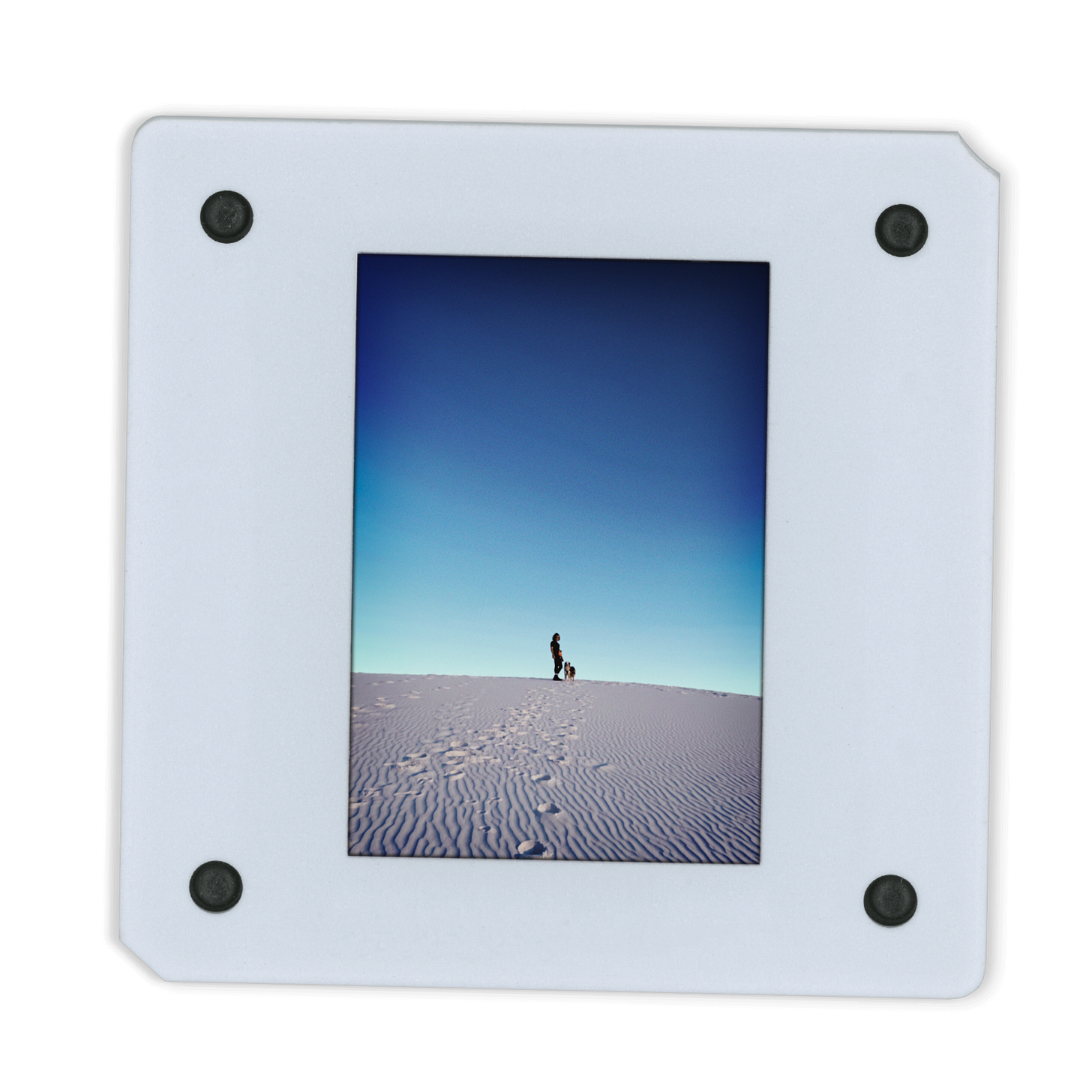Echolocation 1: The Alien Paradox
For a neurodivergent traveler, home can only be where it’s not

I saw a post on X the other day that described acclaimed author Ta-Nehisi Coates’s work as a “personal ordeal of civility as a black dude who writes for white people.”
Let’s save an analysis of this statement (which, coincidentally, was made in response to Coates’s new book about his travels that I have not yet read) for another essay. What matters right now is that I think it can work as a starting point, with a bit of modification, for articulating the main thrust of this publication.
My version of this tweet would read something like: “Miles Goscha thinks his work is about travel when it’s actually about his personal ordeal of civility as an neurodivergent dude who tries to act neurotypical.”
I want to focus specifically on civility here because it seems to underpin, for a brain like mine, the mysterious binary of belonging: this misty interpersonal Rubicon separating outsider from insider, that, for every second of every day since my frontal lobe jolted awake, has raged unabated. Category VI rapids, aerated froth, drowning machine, uncrossable. Yet something akin to instinct overpowers; a biological drive to wade in, not out of bravery but terror that my otherness might become me, and I it. This is an unworkable dilemma, of course: being stuck between that which we are and that which we cannot but nevertheless feel we must be. And it seems to me to form the paralyzing basis for the act of masking. Maybe even for neurodivergence in general. A self-inflicted deprivation of home, of both the mental and physical manifestations belonging, in service of its discovery. An ordeal, indeed. Let’s call it the Alien Paradox.
But do not mistake this for lamentation, self loathing or a plea for pity. Take it as the beginnings of a journey toward untangling that which simply and unapologetically is. Echolocations explores a suspicion, hopefully shared between us, that this Alien Paradox, like those of the Hawking and Schrödinger variety, bubbles up to the surface as an epiphenomenon of a deeper, truer description of our reality. A hint that, like bats, we must navigate our spaces differently, forming a definition of home, of belonging, made not of a single location or duration but from their multitudes. That to travel, to slip into and out of a place, a civility, a way of life, is to try on its version of a mask and discover which bits actually match what’s underneath, such that eventually the mask is not a mask anymore. It’s just you, everywhere, all the time.
I send out this first echolocation from Seoul, South Korea’s arboreal and caffeine-addicted central nervous system. The idea for this newsletter came to me here, and I will be writing, iced Americano in hand, from its cafes for a few months thanks to my very cool wife’s very cool job. You can head over to the about page for details on how I see this working and for more about me, but the gist is that I want to dig into the practical aspects of the ideas laid out above. What does it mean to travel as a neurodivergent person? What makes it challenging, effortless, particular, prickly and euphoric? Hopefully Echolocations becomes an accessible library of stories, guides and ideas that make you feel seen, champion your peculiarities, challenge your perspectives, address your interests and, crucially, get you where you want to go.
The Echolocation 2 published alongside this one. It is about some lessons learned during a recent trip to Kyushu, Japan. Go check it out! Looking ahead, I’m working on a piece about portrayals of autism in K-drama, and I plan on making the first issue for paid subscribers an introvert’s guide to Seoul (the first of many introvert guides, I hope).
If anything about this resonates with you or otherwise sounds compelling, consider becoming a subscriber.
Free subscribers get my semi-regular dispatch—aka Echolocation—which contains casual travel notes, on-the-spot recommendations, interviews with fellow ND adventurers and my personal travel stories. Oh, and access to the group chat!
Paid subscribers get the stuff that really puts neurodivergent travel front-and-center: searching conversations about interfacing with people, places and cultures around the world, actionable travel guides for becoming a more confident and prepared global explorer, and expertly-tailored lists of things to do that will help you experience your destinations in the ways you actually want. You also get to leave comments on posts (to which I will try to always respond) and browse the archive.
Finally, your thoughtful comments and mindful participation in the Echolocations chat are precious. I intend for them both to be accessible and welcoming spaces to broaden our shared understanding each other. Let us look forward to the fruits of our dialogue.
Onward,
Miles


